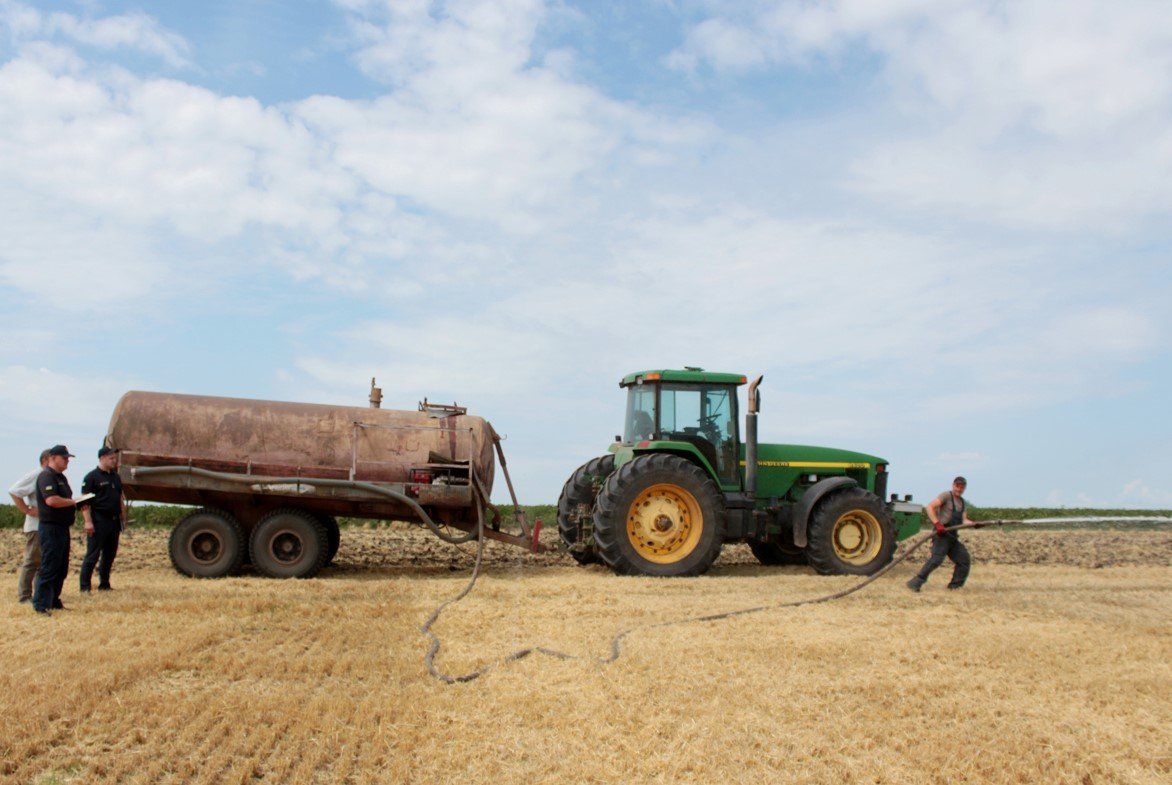This year, the world held the line against hunger. Next year looks harder.
The worst fears of a global food crisis in 2023 did not come to pass, but the outlook for 2024 is grainy at best.
First, the good news. Although more than a quarter billion people in 53 countries faced acute food insecurity in 2023, that number held steady since 2022. Even the collapse of the Black Sea grain export deal – which enabled Ukrainian grain exports to get through a Russian naval blockade – didn’t cause prices to soar. In fact, the International Grain Council’s benchmark grains and oilseeds price index is down nearly 9% since the deal collapsed on July 23.
That’s partly because higher prices at the beginning of 2023 incentivized farmers all over the world to do what they do best and grow more food. With prices for fertilizer and shipping coming down from post-pandemic highs, and some cooperative weather in South America, the world saw bumper harvests that helped rebalance the market.
But 2024 could be different. The fall and winter have been unseasonably dry in Asia thanks to the El Niño weather pattern, which is expected to continue depressing rainfall for several months. That will crimp production of rice, which nearly half the world depends on. India, which normally accounts for around 40% of global rice exports, has already imposed export restrictions in order to keep prices lower at home.
At the same time, a sluggish global economic picture is eating aid budgets worldwide, with the Food and Agriculture Organization requesting $1.8 billion in donations to finance its efforts to support 43 million subsistence farmers around the world.
And supply of food is only one part of the picture when it comes to hunger crises. The UN identified violence and conflict as a key driver of hunger in 12 countries and territories home to over 430 million people, including Gaza, Sudan and Mali.